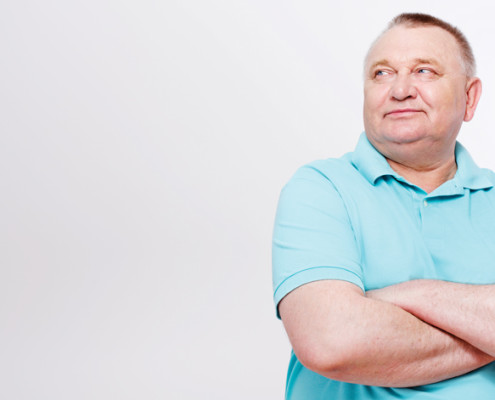Exercise Yourself Happy
 SEPTEMBER IS EXERCISE YOUR MOOD MONTH
SEPTEMBER IS EXERCISE YOUR MOOD MONTH
Most of us appreciate the benefits exercise can have on our bodies, but often overlook the amazing affects it can have on our minds. This September we are getting behind the Black Dog Institute’s ‘Exercise Your Mood Month‘ by raising awareness and funds to support this often overlooked aspect of our wellbeing.
Feeling tired and lacking motivation are two popular symptoms of depression. This often means that exercise is the last thing that people feel like doing when they are experiencing depression. However, regular exercise has been shown to have very positive effects on mental health.
While vigorous exercise releases endorphins (the feel good chemicals that also reduce pain) into our bloodstream, even gentle to moderate exercise increases serotonin, which has a number of benefits, including lifting our mood and helping to counteract insomnia.
The good news is that exercise doesn’t need to be strenuous to feel some of its many benefits.
HOW DOES EXERCISE HELP DEPRESSION?
- Increasing energy levels
- Helping to get a good night’s sleep
- Providing social support and reducing loneliness if exercise is done with others
- Increasing a sense of control and self-esteem by taking an active role in the individual’s own recovery
EVIDENCE FOR THE BENEFITS OF EXERCISE IN MANAGING DEPRESSION
- Numerous studies have shown that people who exercise regularly experience fewer symptoms of depression and anziety than those who don’t
- Several trials have shown that regular exercise of moderate intensity can be an effective treatment by isteslf for mild to moderate depression
- Two trials have found that 16 weeks of regular exercise is equally effective as antidepressant medication in the treatment of mild to moderate depression in older adults who have been inactive
- Research also suggests that exercise can further assist depression in individuals with depression who have responded only partially to antidepresant medication
- Both aerobic exercise (eg. brisk walking, cycling or jogging) and resistance training (eg. lifting weights) have been found to be beneficial for depression.
GETTING ACTIVE – TIPS TO HELP BEAT DEPRESSION
- Do a minimum of 30 minutes moderate intensity activity on most, but preferably all, days of the week. This could include brisk walking where you feel a slight increase in your breathing and your heart rate is noticeable.
- Exercise for at least 10 minutes at a time. Your 30 minute total doesn’t have to be continuous.
- Choose activities you enjoy doing – you’ll be more likely to do them and stick with it.
- Ask a friend or family member to exercise with you to help keep you motivated and make it fun.
- Be active as often, and in as many ways as you can, every day. Try taking the stairs, get off the train one stop earlier or park further away from the club entry.
- Exercise at roughly 60-70% of your maximum hearth rate. Subtract your age from 220 to calculate your approximate maximum heart rate.
- For additional health and fitness benefits it is recommended that adults also participate in vigorous activity such as jogging, tennis, or rowing (if suitable – check with your GP prior to starting). This should make you huff and puff and would be ideal 3-4 times per week.
To find out more about how to exercise yourself happy and the Black Do Institute visit blackdoginstitute.org.au










